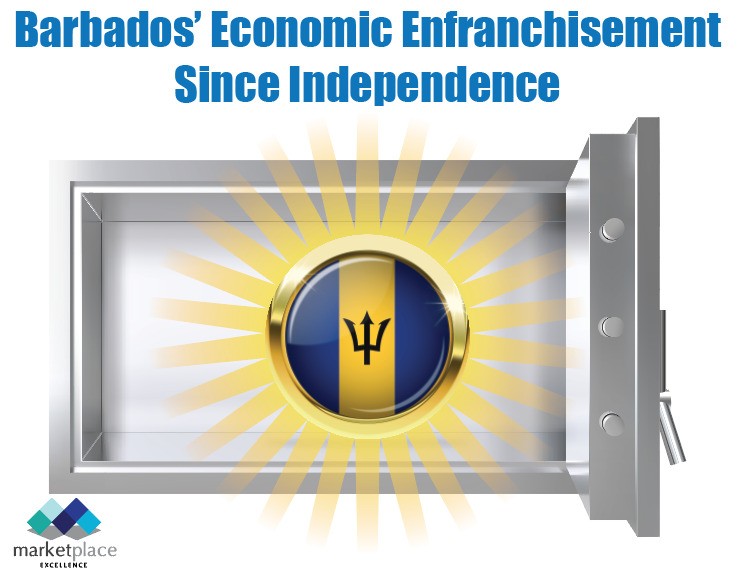“In all labor there is profit, but talking of financial success leads to penury.” – Proverbs 14:23
Since gaining independence in 1966, Barbados has pursued economic enfranchisement by striving to create a just and prosperous society where all citizens can contribute to and benefit from national development. This pursuit has been marked by significant achievements and periods of economic hardship, requiring resilience, innovation and strategic policy shifts.
The period from 2008 to 2018, often referred to as Barbados’ “lost decade,” saw economic stagnation, increasing debt, and weakened investor confidence. However, with a change of government in 2018, the country embarked on a recovery process, implementing critical fiscal and structural reforms to stabilize the economy.
Just as positive momentum was building, the COVID-19 pandemic in 2020 delivered a severe shock. It disrupted vital industries such as tourism and placed immense pressure on both lives and livelihoods. The economic fallout was swift and severe. However, Barbados demonstrated resilience, navigating challenges with determination and grit. This resilience is embedded within its people and institutions.
Despite these setbacks, the country has emerged stronger. By 2024, Barbados recorded 14 consecutive quarters of economic growth. This sustained expansion has fuelled discussions on economic enfranchisement – focusing on the need for inclusivity – ensuring that all Barbadians, regardless of background, have opportunities to contribute to and benefit from national prosperity.
One example of purposeful economic engagement is the Indo-Bajan community. They have driven growth in multiple sectors, leveraging entrepreneurship and adaptability, illustrating how innovation and disruption foster economic progress.
A promising development in the country’s evolving landscape is the proposed establishment of an Equity Fund managed by a Trust to protect the interests of all Barbadians. This initiative aims to mobilize national savings, with government incentives to encourage private sector investment in the Fund. Properly managed, an Equity Growth Fund could provide Barbadians with a secure vehicle for wealth creation, strengthen financial resilience, and open new economic opportunities.
Equally important is reinforcing integrity legislation in Barbados. Promoting transparency, accountability, and ethical leadership builds public confidence and ensures that economic enfranchisement efforts are equitable and fair. Such governance practices are critical pillars of a thriving economy.
Barbados’ economic enfranchisement journey is ongoing. The strides made in recent years provide a strong foundation for the future. With continued innovation, prudent policy decisions, and a commitment to inclusivity, the island can realize its vision of a just society. A society where prosperity is accessible to all and sustainable development remains the guiding principle of national priorities.
However, we cannot afford to rest on our laurels, especially in an era of shifting geopolitical dynamics and external decisions that could profoundly impact small island developing states. The resilience that has carried Barbados through economic adversity must now be matched with vigilance and strategic foresight.
Strengthening international partnerships, fostering economic inclusivity, and upholding transparent governance will be crucial in safeguarding national progress. As Proverbs 14:23 reminds us, true prosperity is built through labor, not mere rhetoric. Now more than ever, Barbados must stay the course, ensuring that its economic enfranchisement efforts are not just sustained but fortified for generations to come.

(Dr Basil Springer GCM is a corporate governance adviser. His email address is basilgf@marketplaceexcellence.com. His columns may be found at https://www.nothingbeatsbusiness.com).
